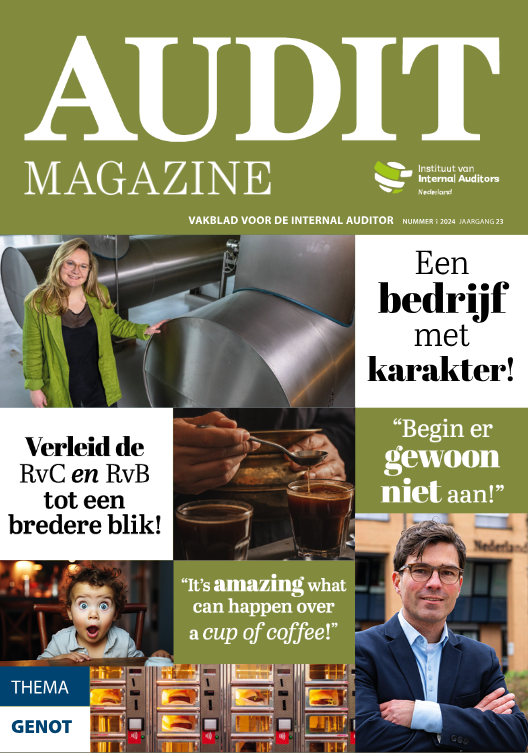11-01-20165 Resolutions for Every Internal Auditor's List in 2016 | ||
By Richard Chambers New Year's resolutions typically are made in the midst of good feelings surrounding the holidays as we look back at the past year's accomplishments. That's what makes them tricky. We set lofty personal goals for weight loss or quitting bad habits or being more productive at work at a time when we are most nostalgic and well-rested. I try to approach my resolutions related to work realistically, understanding the limitations of time, resources, and energy. That's not to say they are made without some ambition and optimism. This is the mind-set I used to identify "5 Resolutions for Every Internal Auditor in 2016." Each was considered in light of the growing workload most internal audit functions are experiencing, the anticipation of modest gains in budgets, and the growing challenge of finding qualified internal auditors. Resolution 1: Be Attuned to Upcoming Regulatory Changes These will vary depending on business sector, but some regulations apply broadly, such as wage-and-hour regulations defining exempt vs non-exempt employees. Others on the horizon involve Financial Accounting Standards Board rules on accounting for deferred revenue, and lease accounting standards. Executive compensation ratio reporting under the Dodd-Frank Act won't kick in until 2017, though the groundwork will have to be laid this year. Whatever sector you work in, endeavor to know the rules and regulations that apply to your organization and your industry, and develop relationships with sources outside of your team who can help you stay abreast of changes. Resolution 2: Advocate for Mandatory Internal Audit in Publicly Traded Companies Every internal auditor should be ready to make the case that strong and competent oversight of governance, risk, and compliance issues is not a challenge to management. Instead, it is a powerful and useful tool for management and the board that can help improve efficiency and effectiveness, boost profit and competitiveness, and provide transparency and assurance to investors. Critics might characterize such a mandate as another regulatory burden, but as counter-intuitive as it may seem, such a mandate might mitigate the need for further regulation in the long run. A strong internal audit function discourages and deters fraudulent acts and corruption that can lead to crises that invariably are followed by waves of new regulations (e.g. the Sarbanes-Oxley Act, Dodd-Frank, and others). Resolution 3: Be Wary of Internal Audit's Expanding Scope of Work As individual auditors, we must approach this challenge in two ways: First, understand your own limitations and the limitations of your team. Whether in specialized areas, such as IT auditing, or in taking on new roles, such as auditing culture, we must be honest and aware of our skills and limitations. Second, we must make the commitment to invest in training to strengthen those weak areas. There is a growing labor shortage in internal audit (more on that below), which means we cannot rely solely on hiring new talent to strengthen our teams. Resolution 4: Invest in Talent Management A new Practice Guide from The IIA, Talent Management: Recruiting, Developing, Motivating, and Retaining Great Team Members, offers a comprehensive approach to the matter as it relates to IIA Standards, as well as a step-by-step approach to talent management, from understanding stakeholder needs to outsource and co-sourcing. While the Practice Guide offers solid, practical advice for CAEs, individual auditors also can help to expand and strengthen their contributions to the audit team by investing in themselves. Professional development through additional training, certifications, networking, and more supports the internal audit function's ability to meet new and growing stakeholder expectations. Resolution 5: Step Out of Your Comfort Zone I'm not encouraging reckless behavior or strategies that conflict with internal audit's long-established core principles or ethics. However, internal audit professionals should be open to examining how internal audit can help their organizations in nontraditional areas. I hope you'll take these resolutions to heart in 2016. Each will help you contribute to strengthening your skills and improving the value internal audit offers its stakeholders. If 2016 follows the lead of recent years, we will be looking back a year from now reflecting on the extraordinary developments that we didn't see coming. Until these events develop, I encourage you to adopt a set of professional resolutions for the New Year that will enhance your chances for success. I welcome your thoughts. Source: http://iaonline.theiia.org |
11-01-2016






